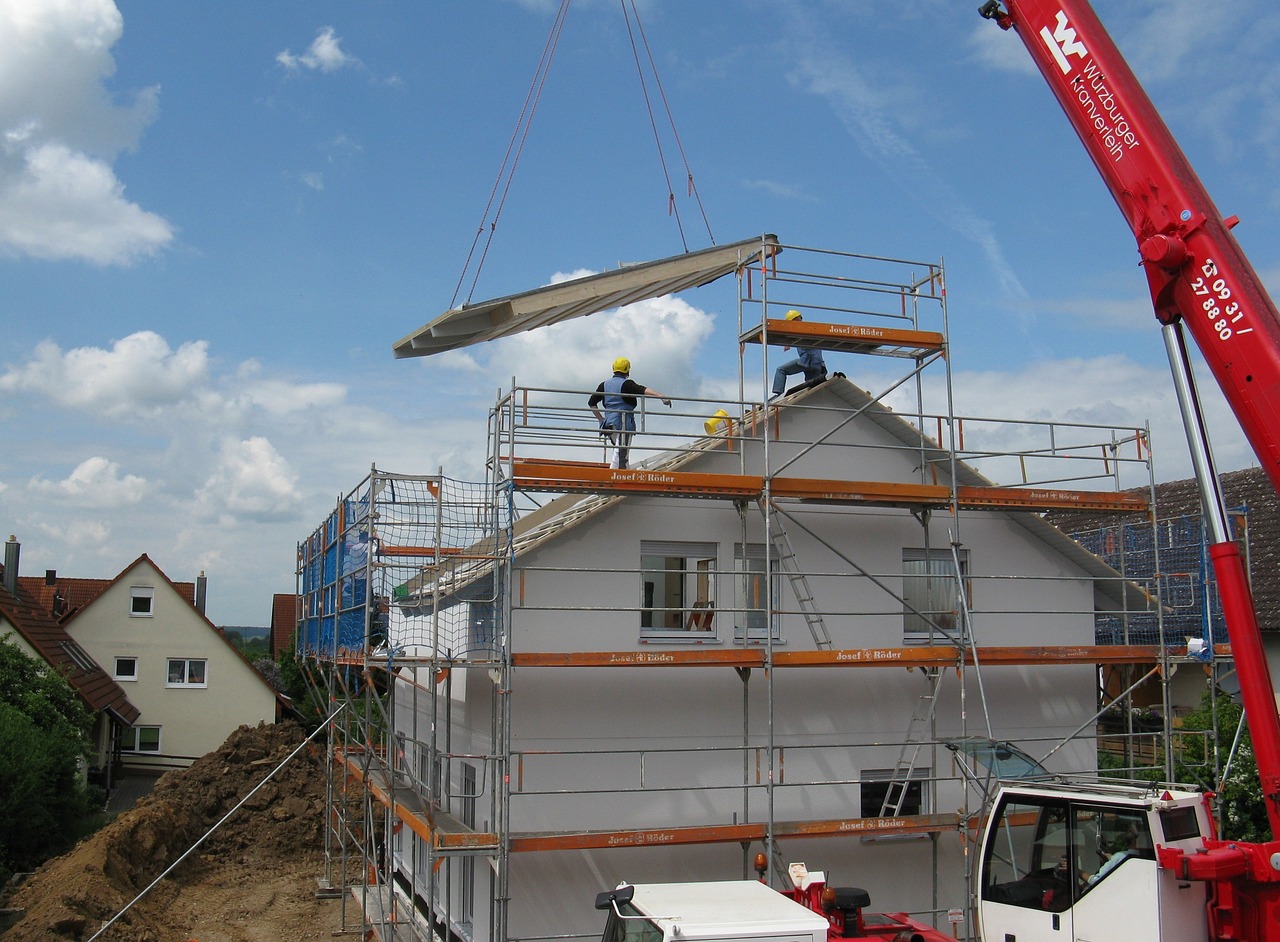R-value is a measure of thermal resistance, which is the ability of insulation to resist heat flow. The higher the R-value, the better the insulation’s ability to resist heat flow, and therefore the better the insulation’s performance.
R-values are determined by the material type, thickness, and density of the insulation. Insulation with a higher density and thickness will typically have a higher R-value.
It’s important to note that R-value is not the only factor that affects the performance of insulation. Factors such as air leaks and moisture can also impact how well insulation works.
When selecting insulation for a specific application, it’s important to choose the appropriate R-value based on the specific needs and requirements of the building or area to be insulated. Factors such as climate, local building codes, and the type of heating and cooling system in use can all impact the ideal R-value needed for effective insulation.

